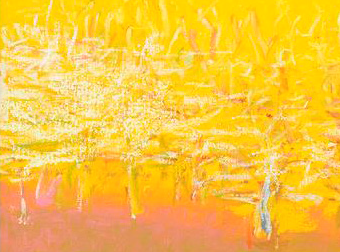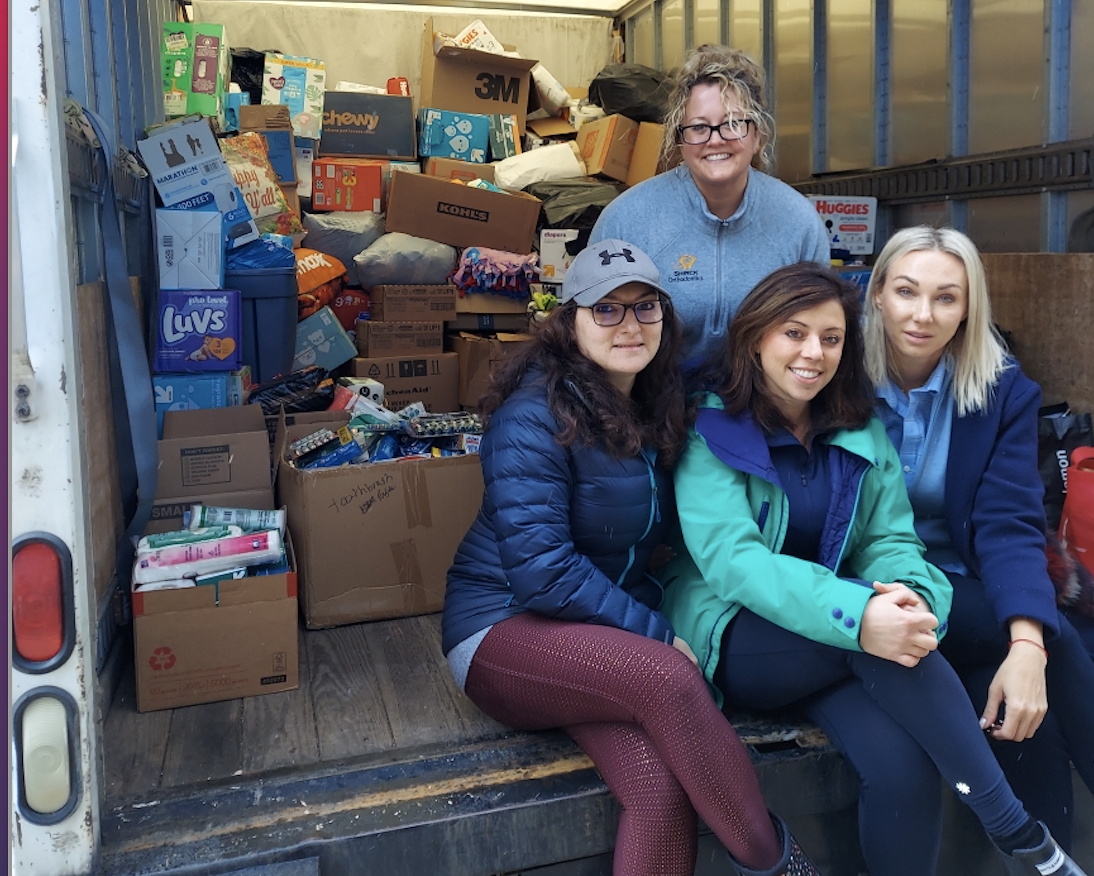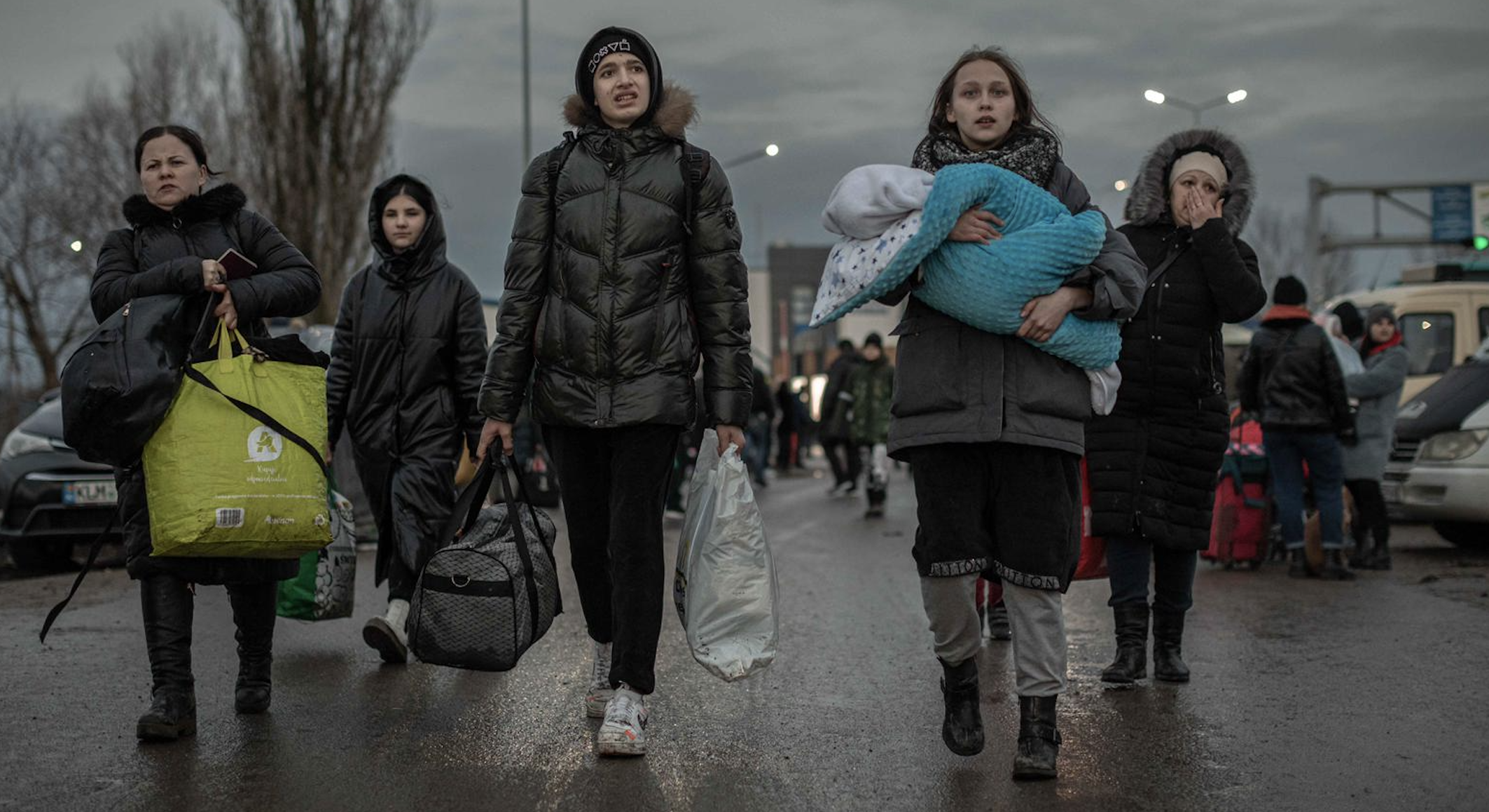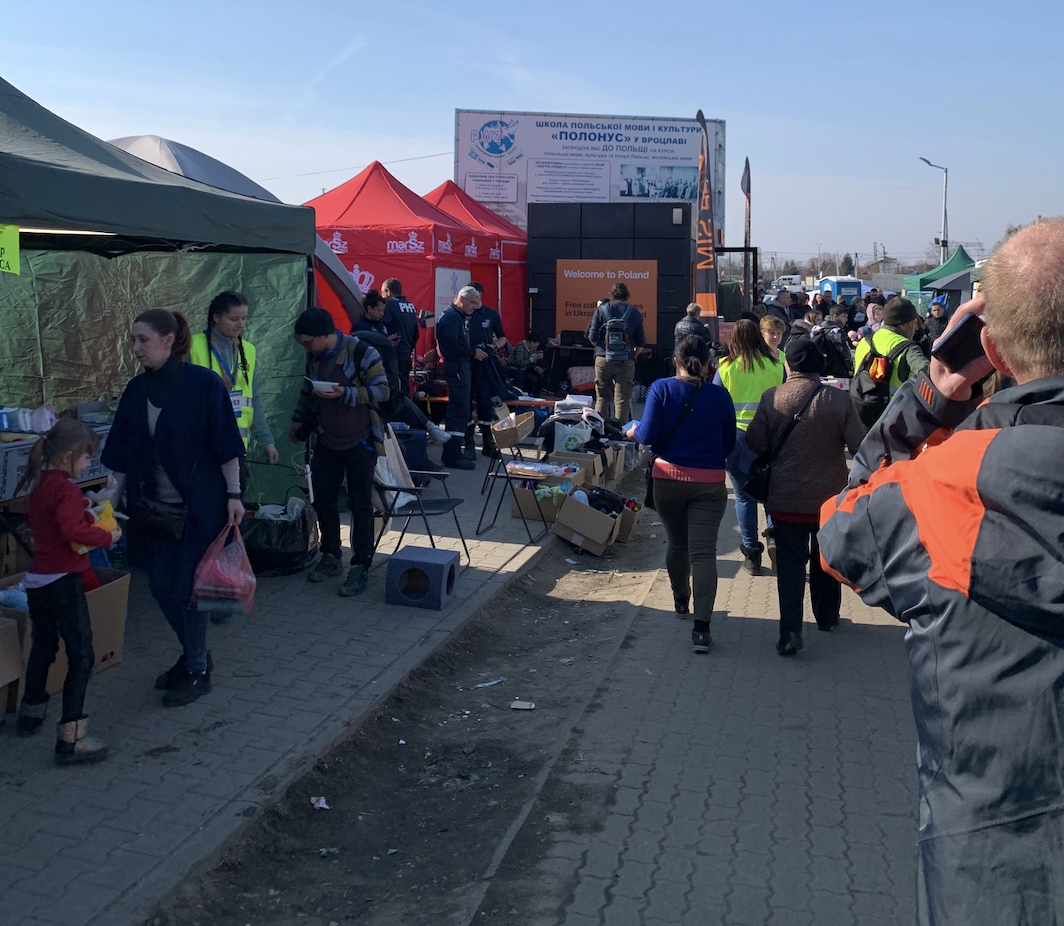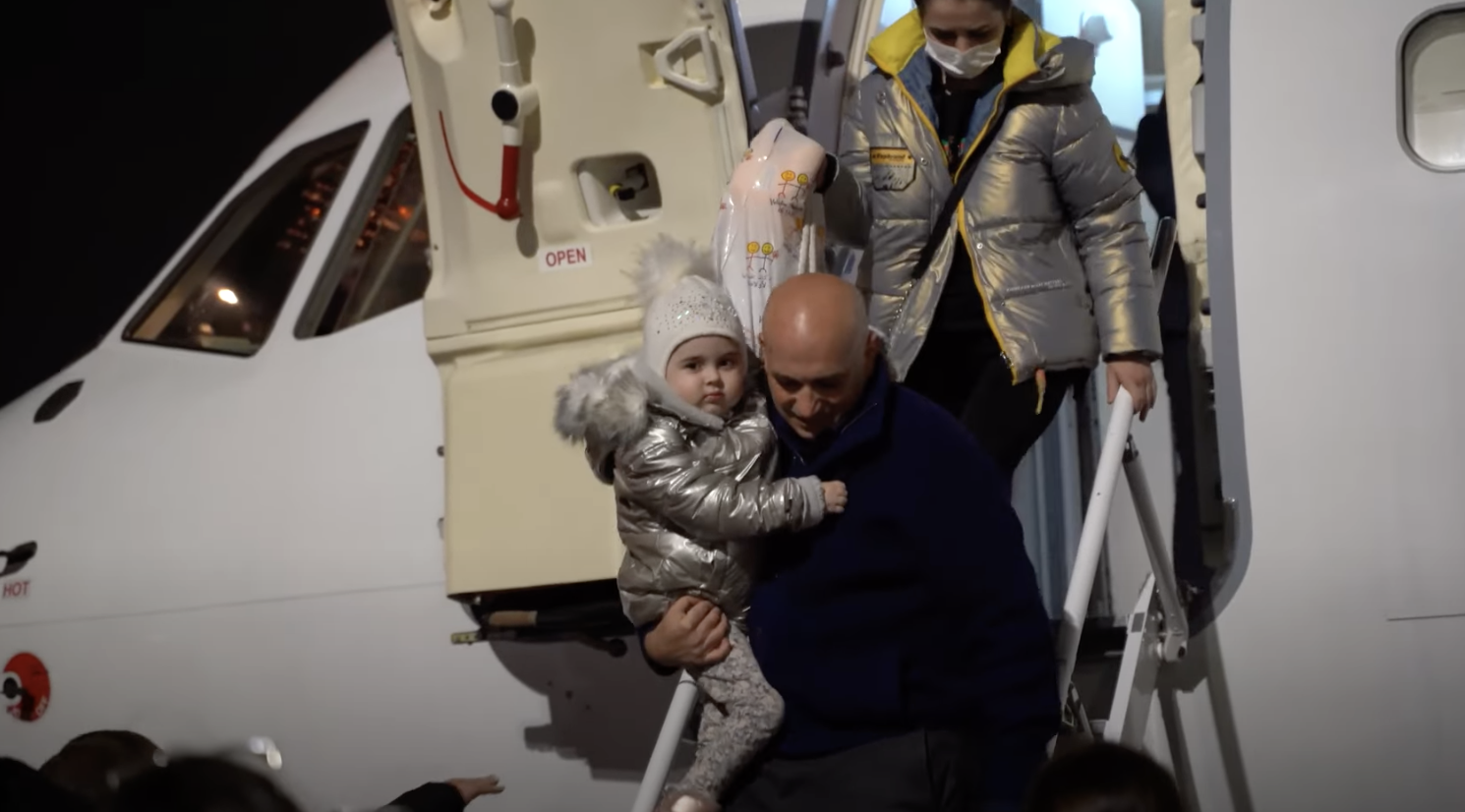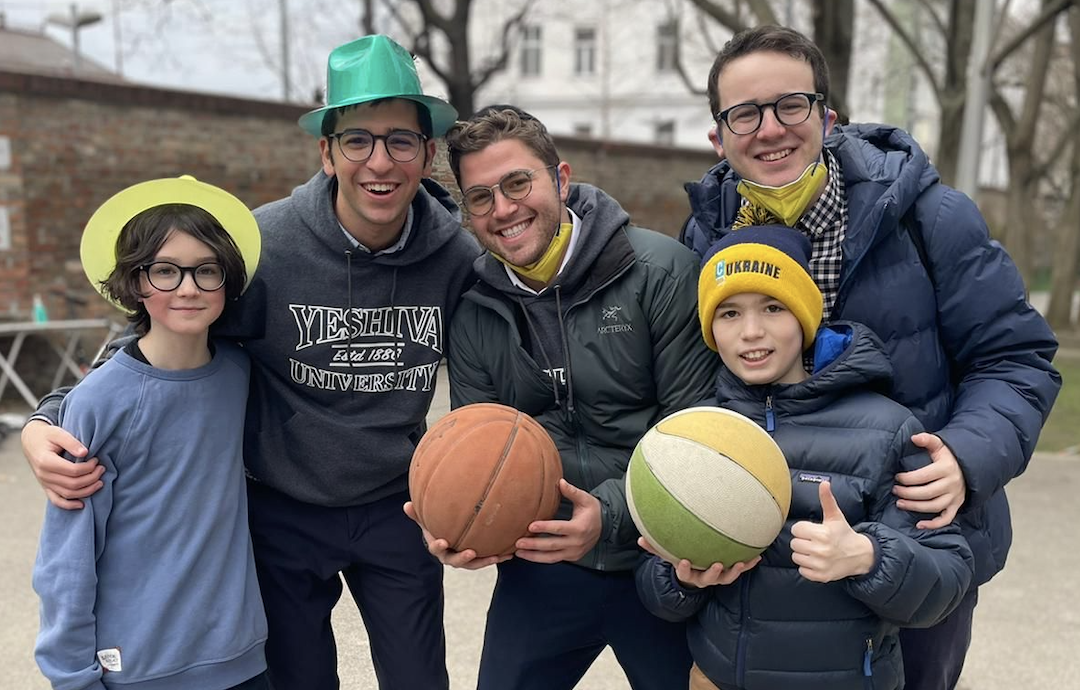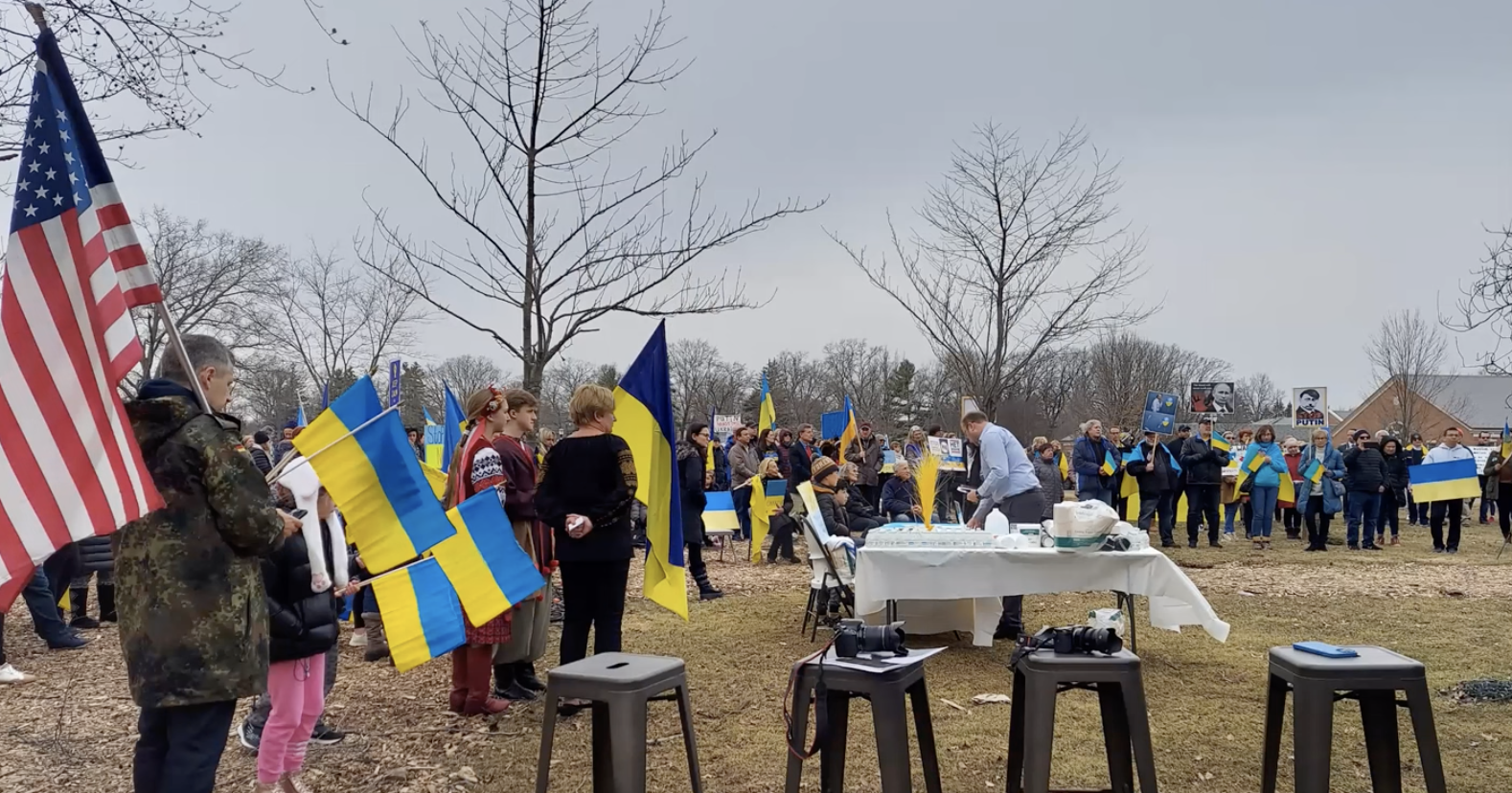Gratitude, the basic, fundamental awareness of the good we receive, the gift of life that is bestowed upon us wholly undeserved on our part, is something our sages tried hard to cultivate across generations. And I submit gratitude is not a simple concept.
The development and implementation of an organizational ethical culture ought to be cemented with an ethical code, such that includes values and rules of conduct, and be overseen by a dedicated entity for the assimilation – and revision – of the ethical code in the organization and for consulting on ethical dilemmas.
I would like to argue for the centrality of hope as a core Jewish value and then consider the value of hope from the perspective of leadership...hope fuels the capacity to envision the future we want and supplies us with the energy to build it – no matter how long it takes. In contrast to optimism, the tendency to merely forecast positive outcomes, hope involves the ongoing struggle to bring those outcomes about.
Keilim is the Hebrew word for vessels or tools. Policies are the vessels that carry our values and help us to enact those values in everything we do. As we align our policies to our values, so do we cultivate an organization that asks each candidate and staff member to define integrity and how it manifests in their work, preparing them for the culture we aim to create at Sacred Spaces.
Yet in all this chaos, there is a ray of light. Hundreds of volunteers are arriving at the border, people from different organizations, and each one wants to help. After a short while, it is clear that in all the confusion of people wanting to help, there is logic and order.
This war has evoked the “never again” emotion and determination in many in the Jewish community and beyond. I hear this in conversations in Cleveland and in Israel and in Poland. The overwhelming commitment and demonstrations of volunteers embracing and caring for Ukrainian refugees is awe inspiring.
The foggy, unclear future of the Ukrainian people reflects on the families that are now under our responsibility. Therefore we are faced with issues that we do not usually consider as our business, but have become now; the very basic values of compassion, care, and responsibility.
24
Mar 2022
An Evolving Story
Dr. Erica Brown
More than any task, our students brought cheer – they sang and danced wherever they went. A leader of the community whispered to me on the last day of the trip: “I really doubted there was anything for you to do here, but now I realize that what you all brought here was psychological CPR.”
“And who knows, perhaps you have attained to royal position for just such a crisis.” Esther 4:14 This question/suggestion from Mordechai to Esther has resonated throughout the four zoom calls of Wexner Alums gathering to explore what we can do to respond to the crisis in Ukraine.
Categories
- _About (11)
- _Alumni (6)
- _Core (3)
- _Landing Pages (38)
- _Programs (17)
- _Resources (5)
- _Summits (8)
- Antisemitism (7)
- Climate Change (13)
- COVID-19 (11)
- Difficult Conversations (21)
- Education (4)
- Gender (6)
- General News (144)
- Holocaust (3)
- Innovative Projects (268)
- Intergenerational Communication (6)
- Israel (159)
- Judaism in Online Spaces (11)
- Lessons in Leadership (240)
- Life’s Leadership Moments (294)
- Mentorship (54)
- Peoplehood (154)
- Play (7)
- Pluralism (3)
- Politics (10)
- Power (14)
- Professional Growth (34)
- Racial Justice (10)
- Self-care (25)
- Social Justice/Tikkun Olam (59)
- Summit Seeds (5)
- Text/Holidays (150)
- Uncategorized (6)
- Values and Ethics (24)
- WexFactor (8)
- Wexner Davidson Fellowship (2)
- Wexner Field Fellowship (28)
- Wexner Graduate Fellowship/Davidson Scholars Program (89)
- Wexner Heritage Program (100)
- Wexner Israel Fellowship (47)
- Wexner Senior Leaders (22)
- Wexner Service Corps (4)
- World conflicts (8)


